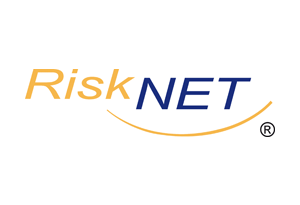Analyzing risks in organizations often requires the collaboration of many individuals that can provide relevant insights regarding these risks. Risk workshops provide a structured process for such collaboration. Stakeholders, subject-matter experts, and other relevant individuals come together during a risk workshop to identify and assess potential risks faced by an organization. A primary objective of a risk workshop is to assess the probability and impact of each risk and develop strategies to mitigate or manage them. They enable organizations to anticipate and respond effectively to potential risks, enhancing their resilience and performance.
Risk workshop facilitators face the challenge of making the best use of the knowledge and resources of the participants, often under strict time constraints. They must choose a process for the risk workshop that aligns the risk assessment with the organization's interests. It is well known that the decision-making of groups is impacted by individual cognitive biases and by biases that arise from group interaction. However, another important aspect that the facilitator needs to consider is the predominant calculative culture within the organization.
In her article "Risk Management and Calculative Cultures”, Anette Mikes observes two calculative cultures that can dominate how an organization approaches risks: Quantitative enthusiasm and quantitative skepticism. While quantitative enthusiasm is characterized by a strong affinity to mathematical models and statistical analysis to provide assessments of risk that are considered accurate and objective, quantitative skeptics tend to be wary of overreliance on models and data. They might argue that quantitative analyses can be misleading or oversimplified.
Using computer simulation, we investigate the effect of the predominant calculative culture on the effectiveness of risk workshops. In an agent-based model of a risk workshop, we compare the effectiveness of workshops with agents from a quantitative enthusiasm culture (using Bayesian networks as the cognitive architecture of the agents) with agents from a quantitative skepticism culture (using constraint satisfaction networks as the cognitive architecture).
We find that the calculative culture impacts how the assessments are reached what assessments are made by the group. In discussions under quantitative skepticism, the group might change its predominant assessment abruptly after long periods of stagnation – a pattern that is absent for discussions under quantitative enthusiasm. Our study provides insights into how a facilitator should moderate group work during risk workshops (e.g., how much time they should allow for a risk workshop), depending on the calculative culture in the organization. The paper and model have been published as open access and are available for free.
Lucia Bellora-Bienengräber, Clemens Harten & Matthias Meyer (2023) The effectiveness of risk assessments in risk workshops: the role of calculative cultures, Journal of Risk Research, 26:2, 163-183
Download full article



